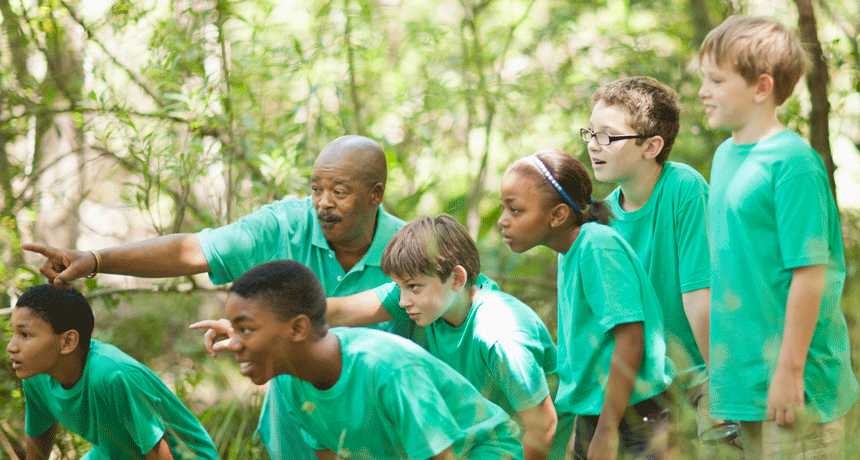Sage advice from scientists to students
Researchers say to be persistent and follow your dreams

Scientists were once kids, too. And they’ve got advice for the scientists of the future.
Zero Creatives/istockphoto
Researchers say to be persistent and follow your dreams

Scientists were once kids, too. And they’ve got advice for the scientists of the future.
Zero Creatives/istockphoto